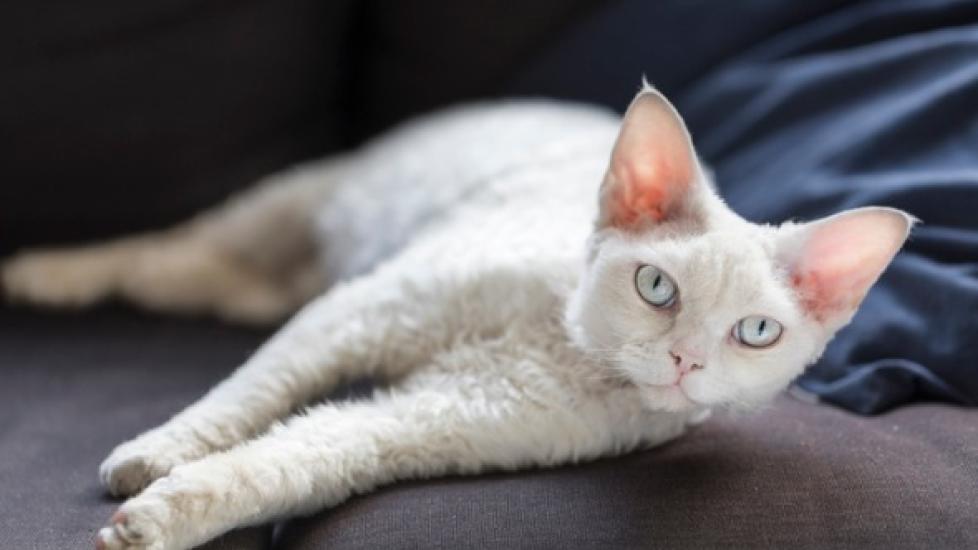 Losing weight in cats can be a concerning issue for pet owners, as it often indicates underlying health problems. Understanding the possible causes and taking appropriate actions is crucial to ensure your feline friend’s well-being. Here are some common reasons why cats might lose weight:
Losing weight in cats can be a concerning issue for pet owners, as it often indicates underlying health problems. Understanding the possible causes and taking appropriate actions is crucial to ensure your feline friend’s well-being. Here are some common reasons why cats might lose weight:
- Inadequate Diet: Cats require specific nutrients that cater to their carnivorous diet. If they don’t receive enough calories or essential vitamins and minerals, they may start losing weight.
- Decreased Appetite: A loss of appetite can stem from various factors such as stress, dental issues, illness, or even certain medications. Without proper nutrition, weight loss will inevitably occur.
- Infection or Disease: Diseases like diabetes, hyperthyroidism, kidney failure, and certain types of cancer can lead to significant weight loss due to changes in metabolism or reduced nutrient absorption.
- Endocrine Disorders: Conditions affecting hormone levels, including hypothyroidism and Cushing’s disease, can cause weight fluctuations by altering metabolic rates.
- Old Age: As cats age, they become less active and may experience a decline in digestion efficiency. This natural process can result in unintentional weight reduction if not managed properly.
- Stress and Anxiety: Environmental stressors or anxiety caused by changes at home (like moving or adding another pet) can affect an animal’s eating habits, leading to weight loss.
- Excessive Exercise without Adequate Nutrition: While exercise is important for maintaining good health, over-exercising without providing sufficient food can also contribute to shedding pounds.
If you notice your cat has lost weight, there are several steps you should take:
- Monitor Your Cat’s Eating Habits: Ensure that she has access to fresh water and high-quality food throughout the day. Consider consulting with a veterinarian about dietary supplements or changing her food type.
- Regular Veterinary Checkups: Schedule regular appointments with your vet so any potential health concerns can be addressed early on. They may recommend blood tests or other diagnostic procedures to identify the root cause of weight loss.
- Address Stress Factors: Identify sources of stress in your cat’s environment and work towards minimizing them. Provide plenty of hiding spots and toys to reduce anxiety.
- Encourage Activity but Balance It with Rest: Engage in playtime sessions multiple times per week to keep your cat physically fit while ensuring she gets adequate rest periods between activities.
Remember, every cat is unique, and what works for one might not necessarily apply to all pets under similar circumstances. It’s always best to consult professionals who specialize in feline care when dealing with complex situations involving our beloved companions’ health and welfare.
